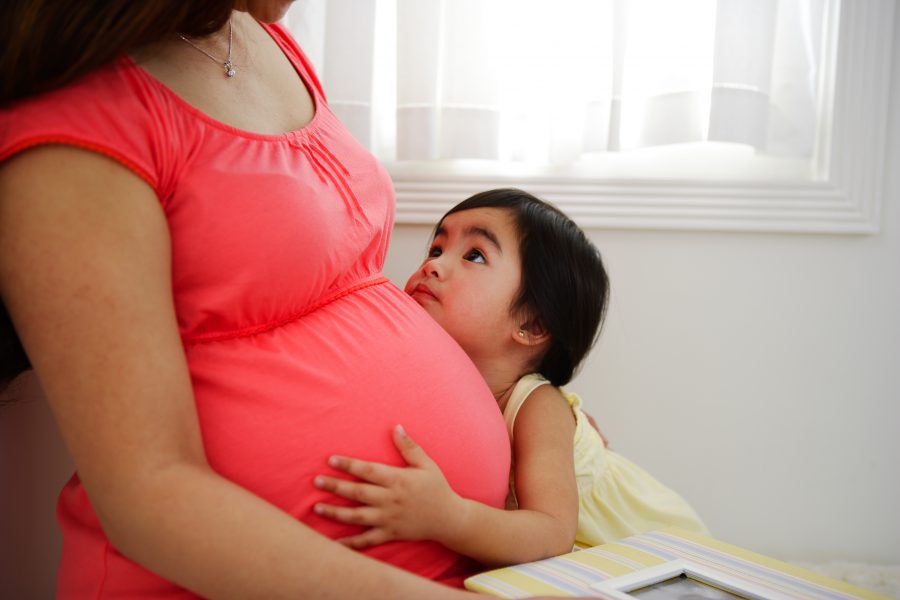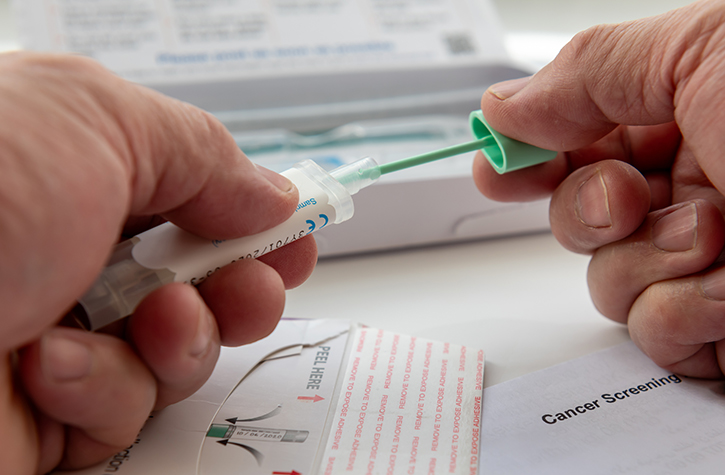December 26, 2017
Study finds concerning increase in use by adolescents
In 2018, recreational marijuana will become available for legal purchase in California, following legalization by a number of other states across the country. Research suggests that pregnant women may perceive little harm in prenatal marijuana use and that they may use it to combat vomiting and nausea during the first trimester, when potential risks to the fetus are greatest. However, objective data on the prevalence of marijuana use during pregnancy is limited, hampering efforts to identify potential risks.
A new study from the Kaiser Permanente Division of Research addresses these limitations, using data from almost 300,000 pregnant women treated at Kaiser Permanente Northern California; it found that maternal prenatal marijuana use increased from 4 to 7 percent from 2009 to 2016. JAMA (Journal of the American Medical Association) published the findings in a research letter on December 26.
Study lead author Kelly C. Young-Wolff, PhD, MPH, research scientist with the Division of Research, and senior author Nancy Goler, MD, associate executive director in The Permanente Medical Group, recently discussed how their results fill a critical data gap in understanding trends in marijuana use among pregnant women.
What are the challenges associated with research on marijuana use by pregnant women?
Young-Wolff: Most studies of drug use in pregnancy are limited to self-report surveys, which likely underestimate marijuana use. We addressed key limitations of prior studies by using “gold- standard” universal screening data from 279,457 pregnant patients treated at Kaiser Permanente Northern California. The gold standard for drug-use screening is a combination of urine testing and self-reported use, measures that are part of the standard of care for all pregnant women at Kaiser Permanente Northern California.
What are your most important findings?
Young-Wolff: From 2009 to 2016, marijuana use among pregnant females increased from 4 to 7 percent. We were particularly concerned to find that 22 percent of pregnant adolescents (younger than 18) and 19 percent of pregnant young adults (aged 18 to 24) screened positive for marijuana use in 2016. Pregnant patients were approximately twice as likely to screen positive for marijuana use via urine toxicology tests versus self-report, strongly indicating that use during pregnancy has been underestimated in self-reported surveys.
What are the clinical concerns associated with marijuana use during pregnancy?
Goler: The impacts of maternal prenatal marijuana use on mother and child haven’t been well-studied. Certainly, sufficient evidence points to an association between prenatal marijuana use and lower birth weight, and limited research shows a correlation with some developmental delays in the child. But data on other potential health risks are limited by the number and quality of existing studies. For example, pregnant marijuana users often use other drugs during pregnancy, making it difficult to distinguish health risks specific to marijuana use. We believe researchers, policy makers, clinicians and patients require better data to understand the potential risks of marijuana use during pregnancy.
With increased legalization of recreational marijuana across the United States, how will your work help to inform clinical practice in this new environment?
Young-Wolff: In the United States, increased legalization has occurred alongside increased use of marijuana during pregnancy. However, to our knowledge, no studies have directly tested the effects of marijuana legalization on prenatal marijuana use. It will be important to monitor whether prenatal marijuana use escalates further after marijuana becomes available for legal purchase in California next month.
Goler: Our prior research has demonstrated that the Early Start program at Kaiser Permanente helps all pregnant women by providing universal screening and coordinated intervention to assist women in stopping all alcohol, cigarettes and other drug use in pregnancy. Clinicians across the United States can reduce potential harms through awareness of the rising prevalence of prenatal use, universal screening, patient education and encouragement of all patients to stop recreational and/or medicinal marijuana use during pregnancy. This is in line with recommendations from the American College of Obstetricians and Gynecologists.






